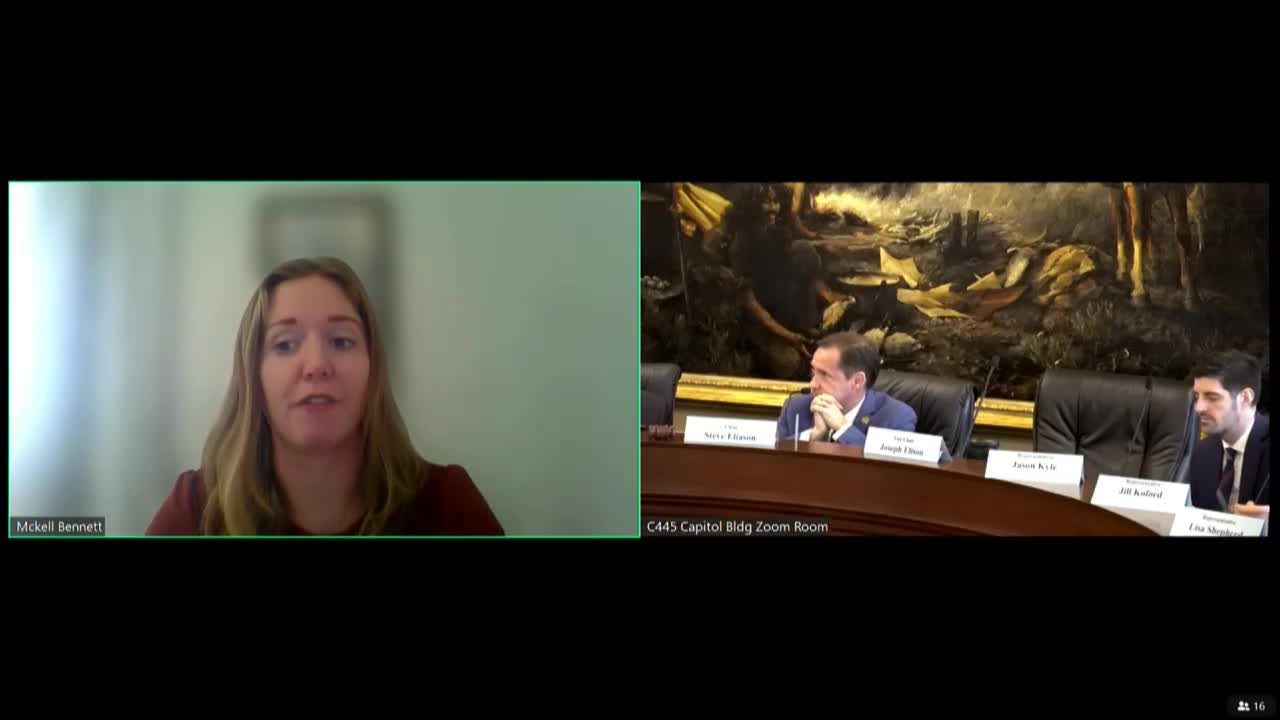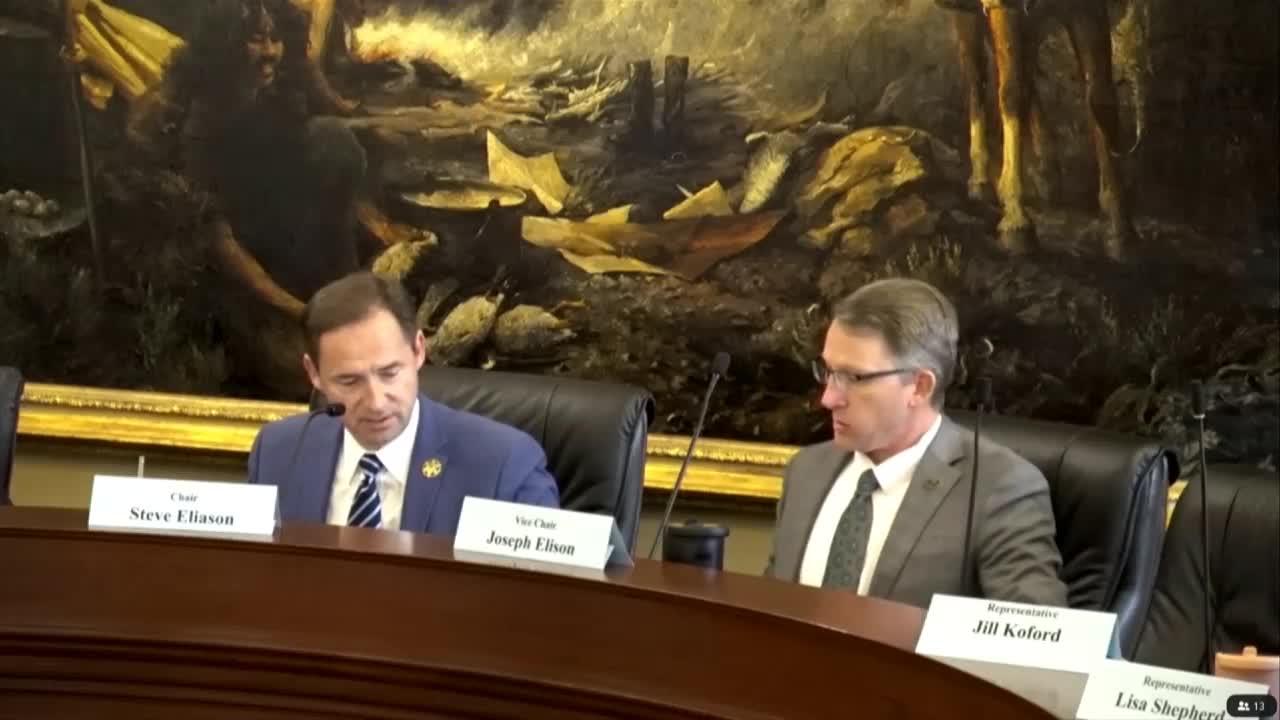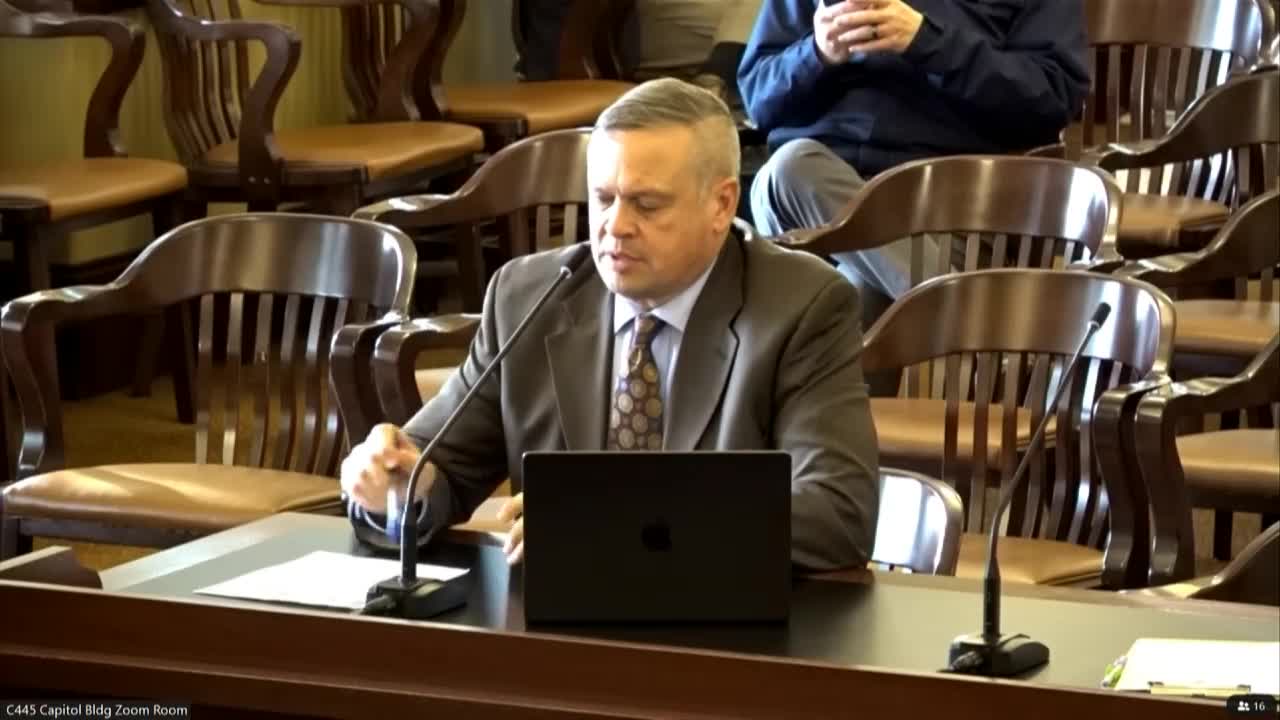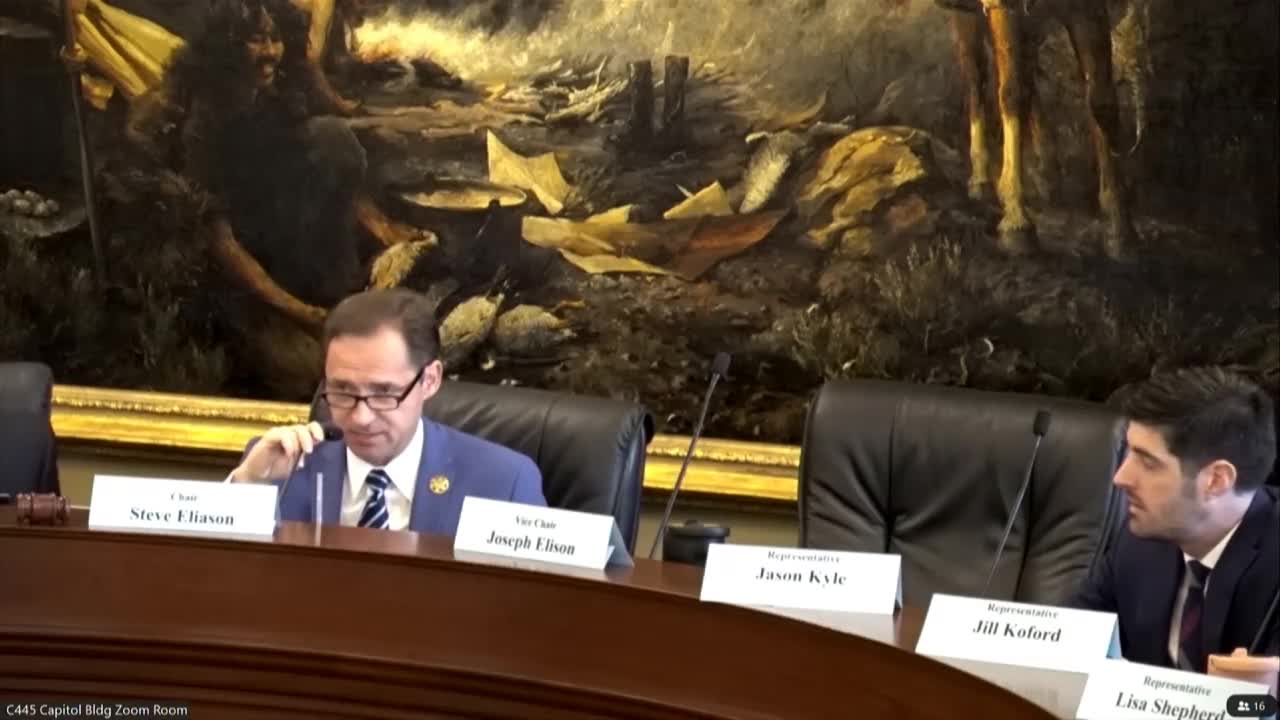Article not found
This article is no longer available. But don't worry—we've gathered other articles that discuss the same topic.

Committee votes to cap automatic school‑rate growth tied to WPU value; bill passes 7–4

House committee backs 2% fee on some international wire transfers, 7-2

Committee sends modest expansion of child tax credit to floor, 5–3

